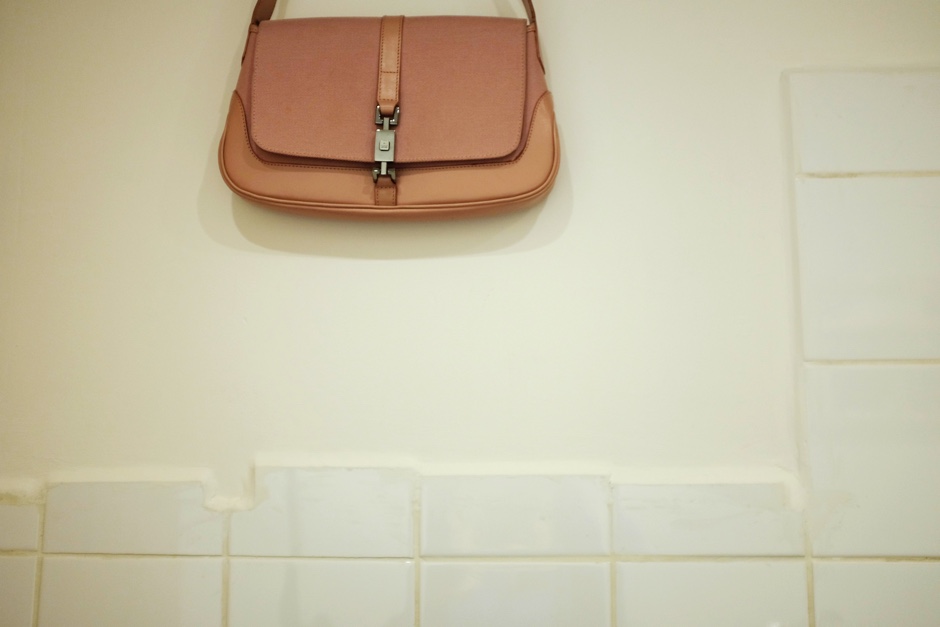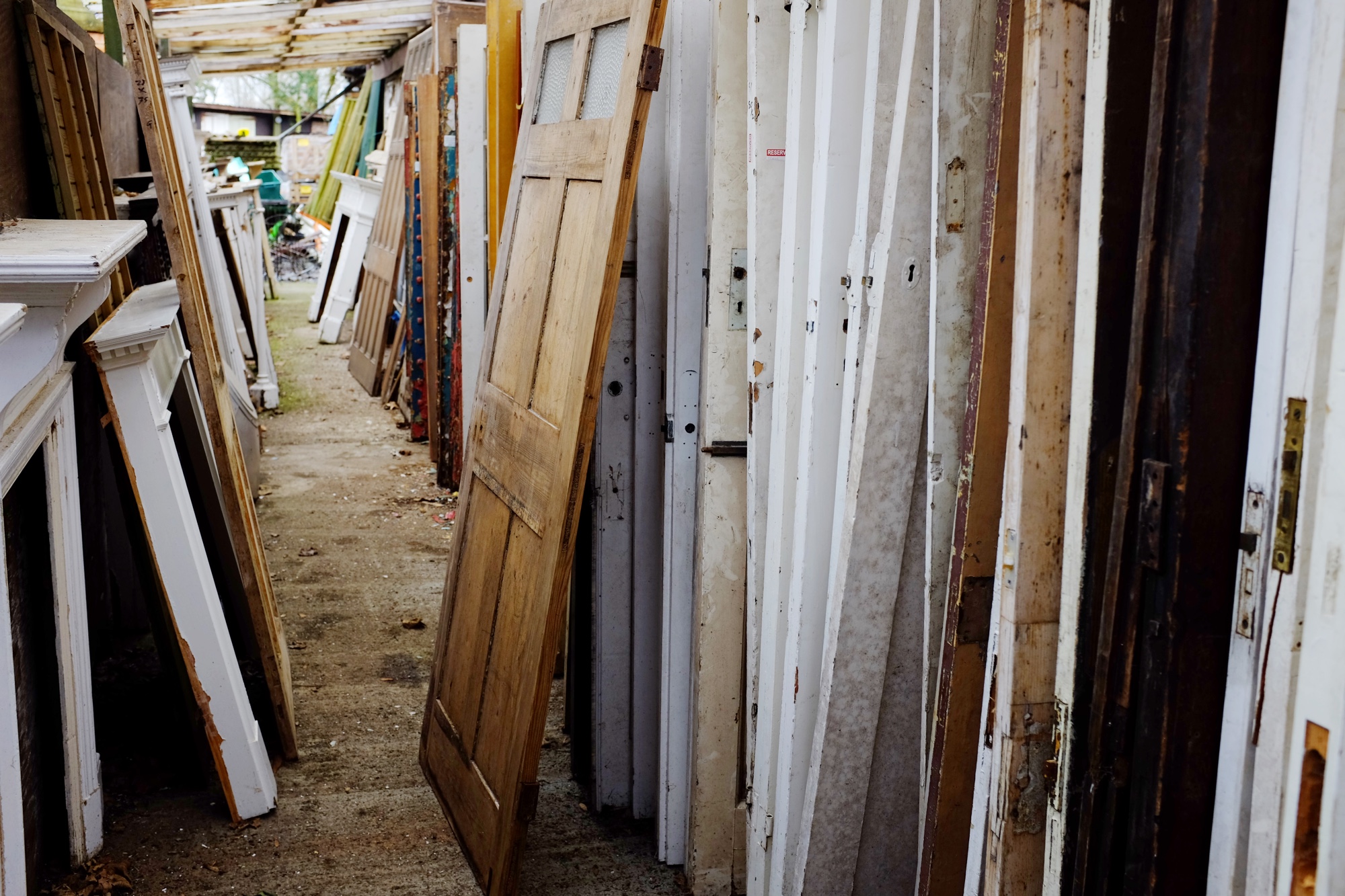
I recently discovered that my nickname at university was the swan. Okay so I have a long neck, but my friend suggested that it was more likely to do with my perfect hair. Rest assured, I also dislike the woman with the “perfect hair” my friend described, as perfectionists never see perfect in themselves. Nor am I a fan of people referring to themselves as perfectionists, but before I hit the back bar on this whole paragraph, I’ll get to the point. Renovating my flat with reclaimed materials gave way to a total mind shift. From perfection seeker to imperfection appreciator. When you buy new, the shine often fades with the first scratch or signs or wear. However, buying reclaimed pieces and reusing old materials freed me to be less precious, knowing that loving signs of use would only add to their characterful beauty.
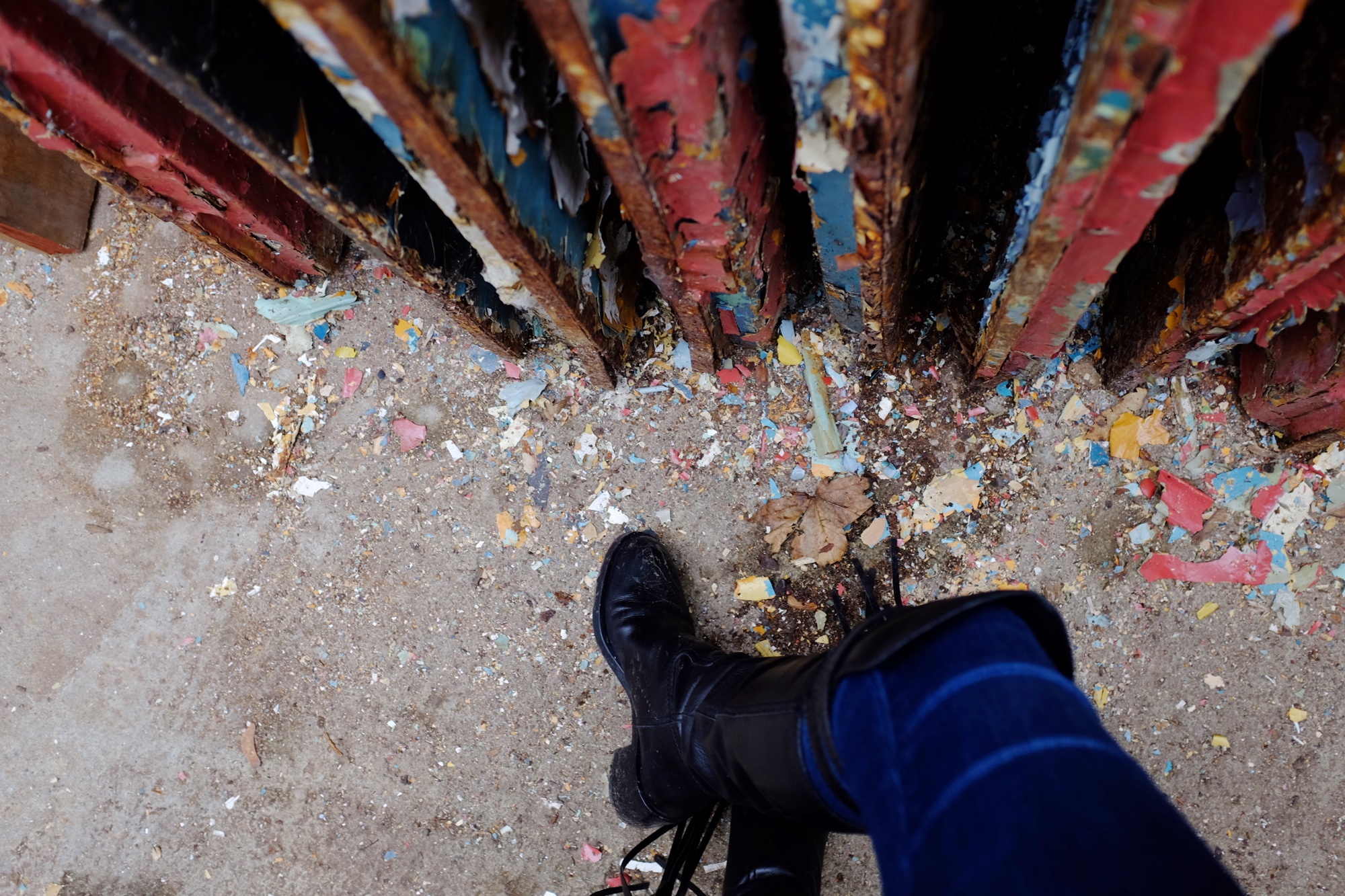
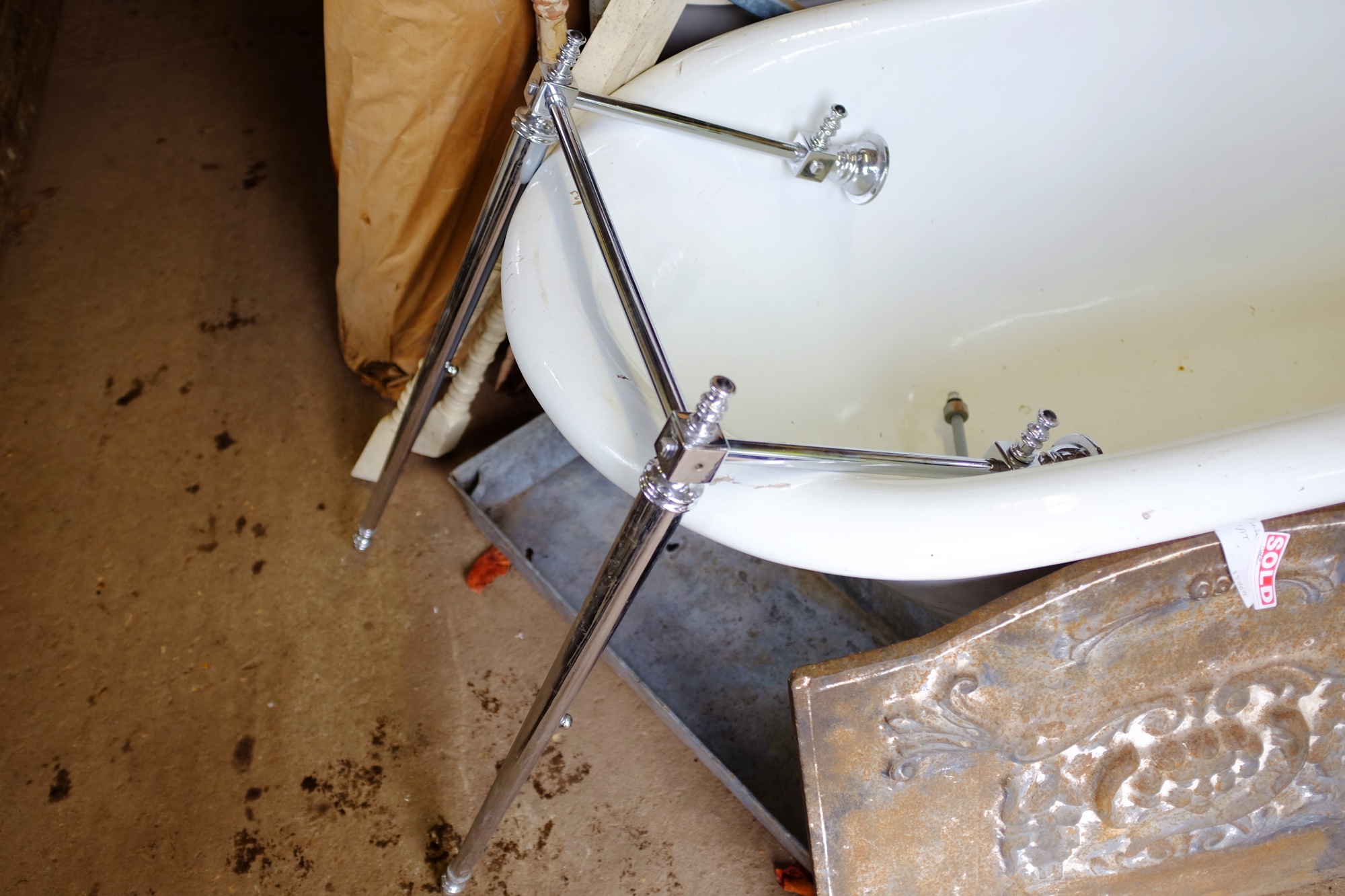
Born from Zen Buddhism, wabi-sabi cannot be bought. Your appreciation might start with a single chipped vase you have had forever. Rather than discarding it, the Japanese philosophy encourages you to accept things as they are. Wabi-sabi is the wonky, handmade, home-grown and weathered with age. A u-turn from the mass-produced, single-use society, it teaches us to be content and cherish what we have.
I am not pretending to have found zen, I still fuss with my hair for about fifteen minutes every morning. But through reuse and renovating my home with natural materials, I am making a more genuine environment that will continue to get better with age.
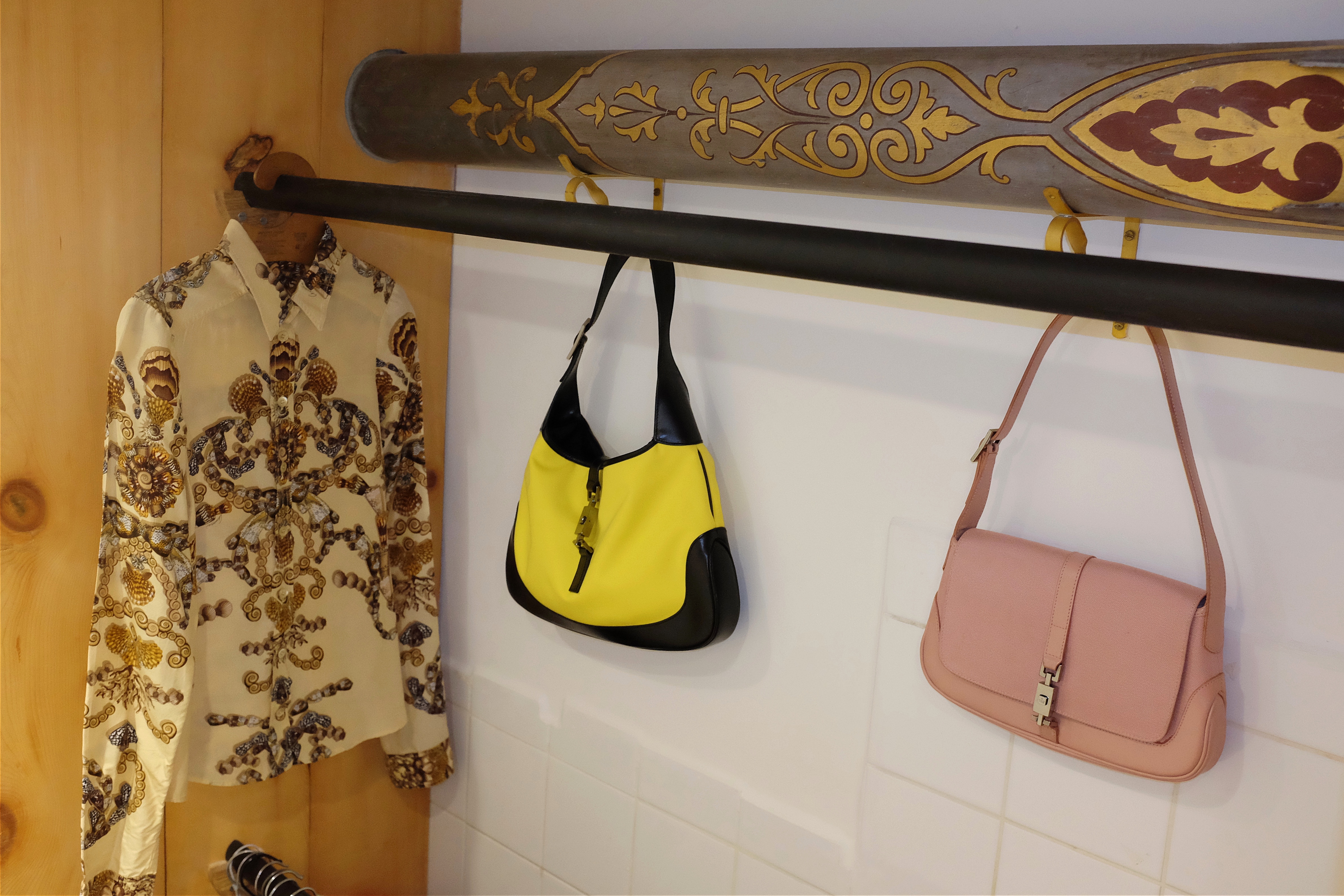
Difficult to translate into words, I am still working at my definition of a wabi-sabi way of life. However, I think I am close when I appreciate the imperfect pattern of white ceramic tiles at the back of my wardrobe (that was once the kitchen). Rather than sending the tiles to landfill, they live with my clothes and accessories as an accepted part of my home’s history.
Reclaimed doors and sanitary ware at V&V Reclamation / my irregular wardrobe tiles
©Photographs Reclaimed Woman

